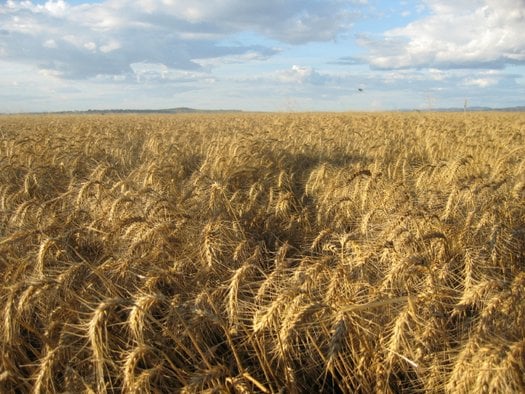
BHP Billiton are proposing to excavate the largest underground coal mine in the world beneath the exceptionally fertile and productive Liverpool Plains in NSW.
Each year, the Plains produces enough grain for 365 million loaves of bread, 62.5 million packets of pasta, and 58 million boxes of cornflakes. It is feeding the nation.
Help us stop this coal mine from undermining our national food bowl.
BHP Billiton are proposing to excavate the largest underground coal mine in the world beneath the exceptionally fertile and productive Liverpool Plains in NSW.
Each year, the Plains produces enough grain for 365 million loaves of bread, 62.5 million packets of pasta, and 58 million boxes of cornflakes. It is feeding the nation.
Help us stop this coal mine from undermining our national food bowl.
Groundwater under threat
BHP are planning on digging the largest underground coal mine in the world under our very best farmlands, on the Liverpool Plains in north-west NSW. The Liverpool Plains is important and unique because it combines exceptionally fertile volcanic soils with high output aquifers and reliable summer and winter rainfall.
But it is under threat from this staggeringly large underground coal mine. A mine that will cut through aquifers and risk draining the precious groundwater.
Most extraordinary is the fact that BHP has decided that the mine will NOT have a significant impact on water resources and has told the Federal Government that it doesn't trigger the water clauses in the Federal environment laws.
We have a very short window of opportunity to tell them otherwise. Submissions are needed by 23rd April 2014.
Please take one minute to send an email to protect our national food-bowl, the Liverpool Plains, and the rich groundwater supplies it depends on. The email will be sent from you to Federal Environment Minister, Greg Hunt, and the Federal Environment Department.
Please personalise your message so it has more impact - write your own subject line and amend the email text to add your own thoughts and concerns.
For more detailed information on the predicted impacts of the Caroona coal mine on water resources, visit our website.